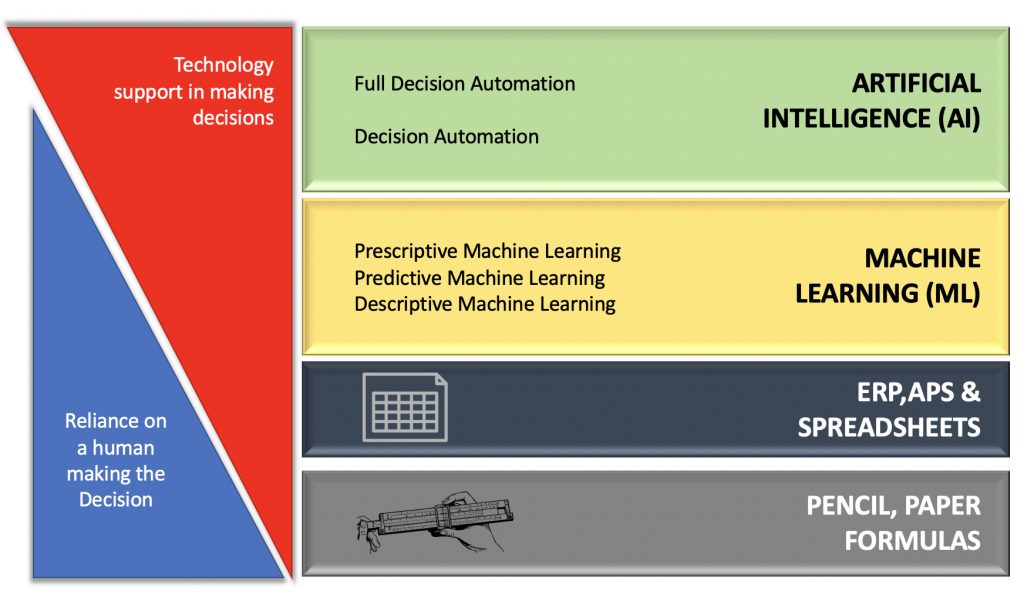Ai-ml Presentation
| Introduction to Ai-ml | ||
|---|---|---|
| Ai-ml stands for Artificial Intelligence and Machine Learning. It is a field of study that focuses on developing smart algorithms and models. Ai-ml enables computers to learn and make decisions without being explicitly programmed. | ||
| 1 | ||
| Importance of Ai-ml | ||
|---|---|---|
| Ai-ml has revolutionized various industries, including healthcare, finance, and transportation. It enables businesses to gain valuable insights from large amounts of data. Ai-ml improves efficiency, accuracy, and decision-making capabilities. | ||
| 2 | ||
| Applications of Ai-ml | ||
|---|---|---|
| Ai-ml is widely used in image recognition and computer vision tasks. It powers virtual assistants like Siri and Alexa, enhancing natural language processing. Ai-ml is used in autonomous vehicles, making them capable of self-driving. | ||
| 3 | ||
| Types of Ai-ml | ||
|---|---|---|
| Supervised learning is a type of Ai-ml where models learn from labeled data. Unsupervised learning involves training models on unlabeled data to discover patterns and correlations. Reinforcement learning is a type of Ai-ml where algorithms learn through trial and error. | ||
| 4 | ||
| Challenges in Ai-ml | ||
|---|---|---|
| Data quality and availability are significant challenges in Ai-ml. Bias in algorithms and data can lead to unfair outcomes. Ethical considerations and privacy concerns are crucial in Ai-ml development. | ||
| 5 | ||
| Ai-ml Tools and Frameworks | ||
|---|---|---|
| TensorFlow is an open-source framework for building Ai-ml models. PyTorch is another popular framework known for its dynamic computation graph. Scikit-learn is a Python library that provides various machine learning algorithms. | ||
| 6 | ||
| Future of Ai-ml | ||
|---|---|---|
| Ai-ml will continue to advance and impact different sectors, such as healthcare and finance. The integration of Ai-ml with other emerging technologies like IoT and blockchain will accelerate innovation. Ethical and responsible development of Ai-ml will remain a key focus. | ||
| 7 | ||
| Ai-ml in Business | ||
|---|---|---|
| Ai-ml helps businesses automate repetitive tasks and improve efficiency. It enables personalized customer experiences through recommendation systems. Ai-ml can predict market trends and optimize supply chain management. | ||
| 8 | ||
| Limitations of Ai-ml | ||
|---|---|---|
| Ai-ml models can be complex and difficult to interpret. Lack of transparency and accountability in decision-making can raise concerns. Ai-ml may replace certain job roles, leading to unemployment in some sectors. | ||
| 9 | ||
| Conclusion | ||
|---|---|---|
| Ai-ml is a rapidly evolving field with vast potential for innovation and transformation. It offers numerous opportunities for businesses to improve operations and deliver better products and services. Continued research, responsible development, and ethical considerations are essential for the future of Ai-ml. | ||
| 10 | ||








